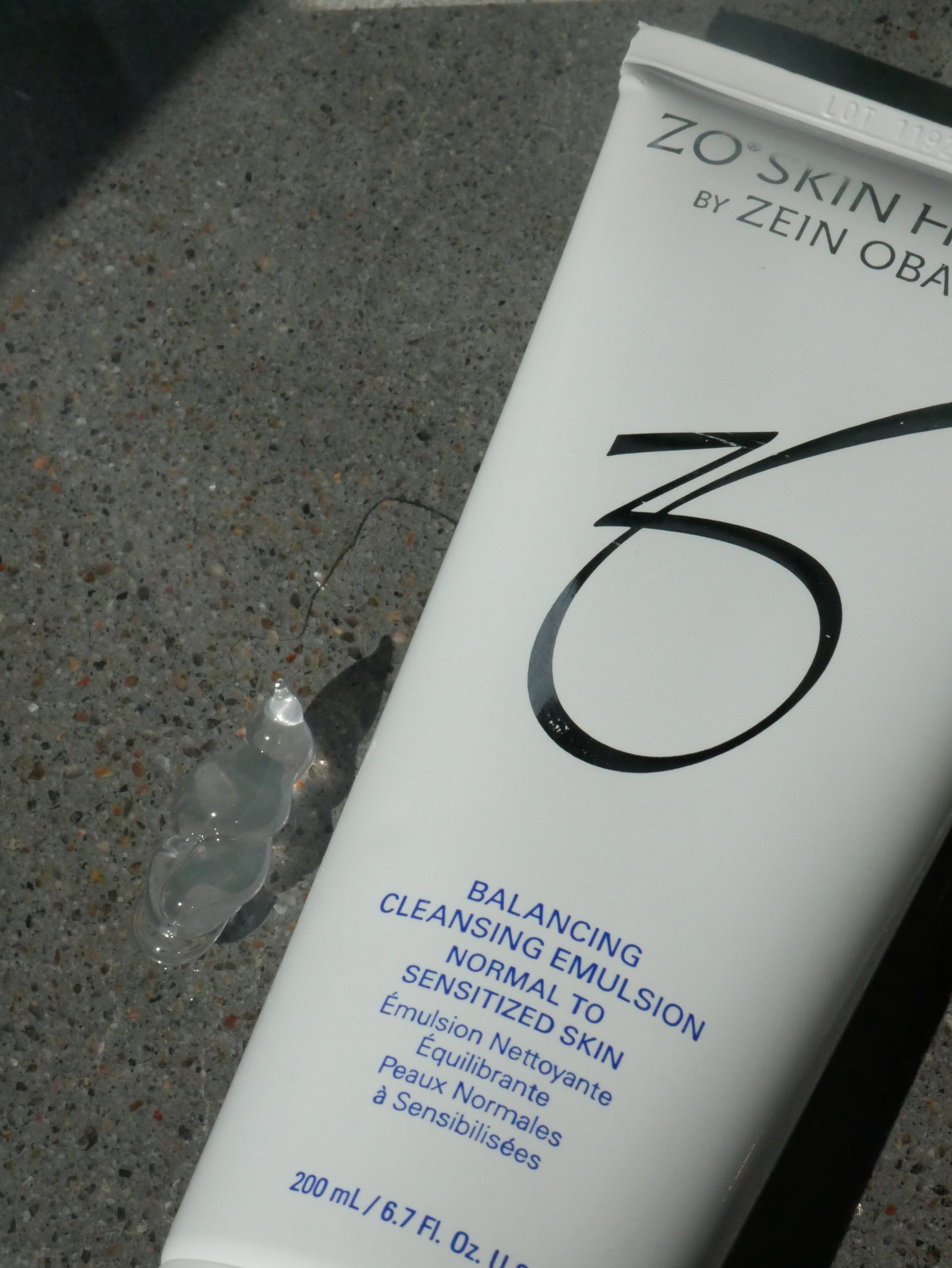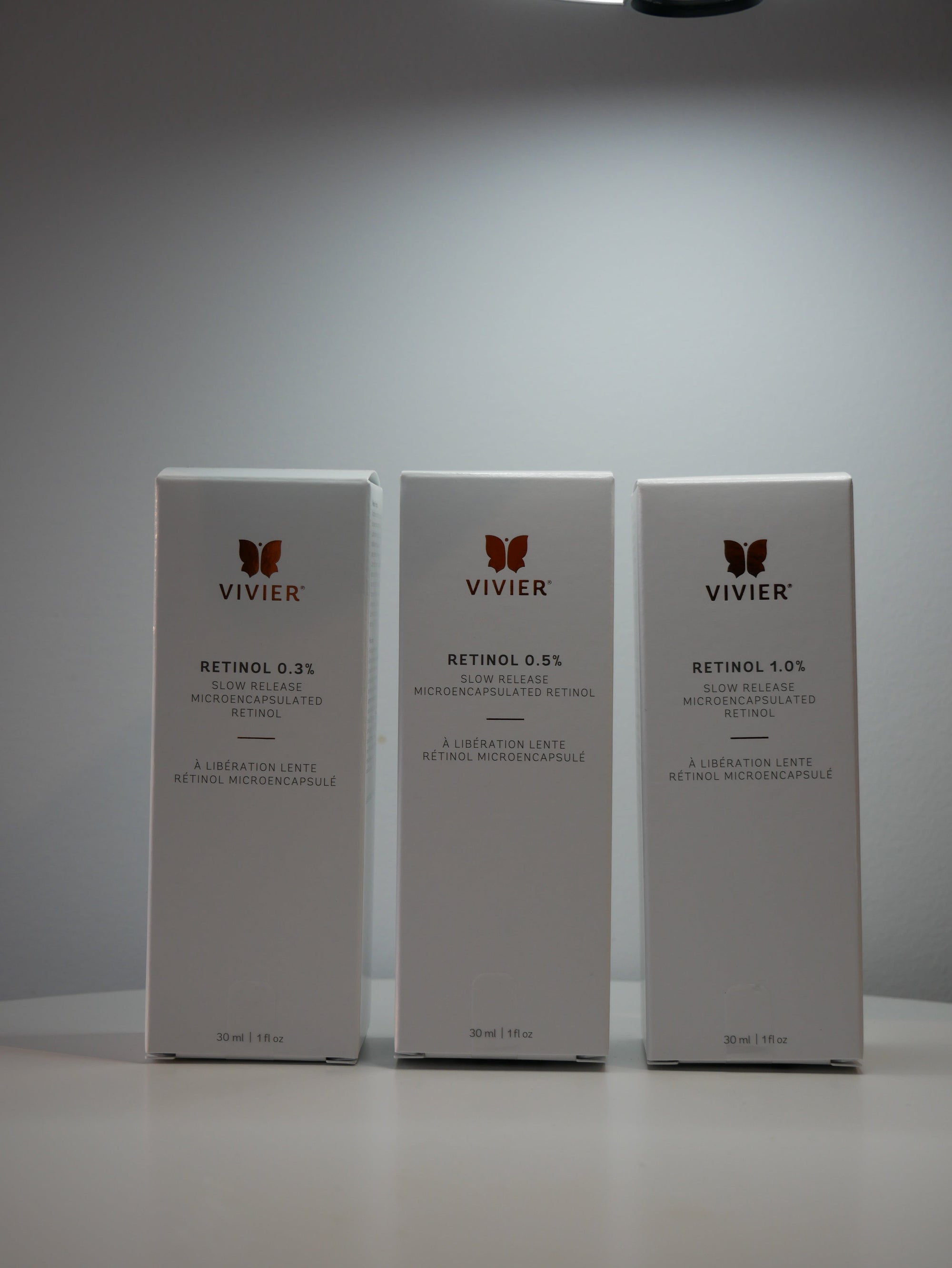Beta-hydroxy acids (BHAs) are popular ingredients in skincare, particularly valued for their ability to exfoliate and address various skin issues. Here is an overview of the different types of BHAs, their actions, as well as their advantages and disadvantages.
1. Salicylic Acid
- Action on the Skin
Salicylic acid is the most common BHA and is particularly effective at penetrating pores and dissolving impurities. It is often used to treat acne and oily skin.
- Benefits
Deep exfoliation: Removes dead skin cells and unclogs pores.
Anti-inflammatory properties: Reduces redness and inflammation associated with acne.
Regulates sebum production: Helps control excess sebum, which can prevent the appearance of pimples.
- Disadvantages
Potential irritation: May cause irritation, especially in sensitive skin.
Sun awareness: Can make the skin more sensitive to UV rays, requiring increased sun protection.
- Who is it advised to?
Salicylic acid is recommended for people with oily skin, prone to acne or blackheads.
2. Methyl Salicylic Acid
- Action on the Skin
Methyl salicylic acid is a derivative of salicylic acid, often used in formulations for its exfoliating and soothing properties.
- Benefits
Soothing effect: Less irritating than pure salicylic acid, while providing exfoliating properties.
Hydration: May help maintain hydration while exfoliating.
- Disadvantages
Less effective on clogged pores: May be less effective at unclogging pores than salicylic acid.
- Who is it advised to?
Ideal for sensitive skin looking for a gentle exfoliation without excessive irritation.
3. Sodium Salicylate
- Action on the Skin
"Used in certain formulations, this acid is a form of salicylic acid, often incorporated into cleansers and toners."
- Benefits
Gentle exfoliation: Offers exfoliation without being too aggressive.
Easy to integrate: Can be found in a variety of products, making its use simple.
- Disadvantages
Variable effectiveness: May not be as powerful as pure salicylic acid for treating more severe skin issues.
- Who is it advised to?
Recommended for those seeking a gentle approach to exfoliation, especially for sensitive or irritation-prone skin.
4. Beta-Hydroxyphenyl Acid
- Action on the Skin
Less common, this acid is used for its exfoliating properties while being gentler than salicylic acid.
- Benefits
Gentle on the skin: Less irritating, ideal for reactive skin.
Regular exfoliation: Allows for gentle exfoliation without aggression.
- Disadvantages
Less notoriety: Less known, which can make its use less common.
- Who is it advised to?
Suitable for people with sensitive skin who are looking for regular exfoliation without irritation.
BHAs, particularly salicylic acid and its derivatives, are valuable allies for skin care. They offer solutions tailored to different skin types and skin issues, but it is essential to choose the right BHA based on your skin type and specific needs. Before starting a treatment, it is always advisable to consult a dermatologist, especially if you have sensitive skin or are prone to dermatological issues.
Don't hesitate to incorporate these acids into your skincare routine for a radiant and healthy complexion, by seeking advice from our professionals!


